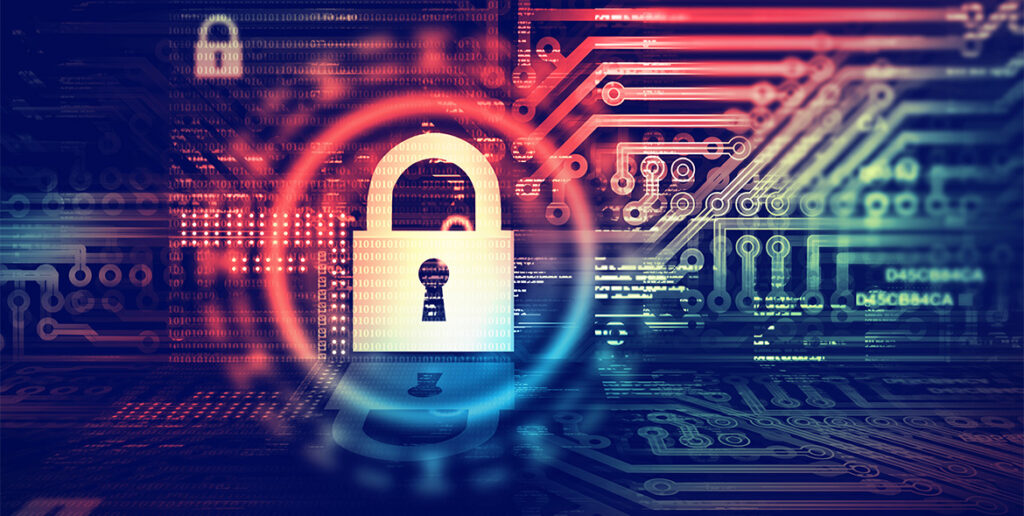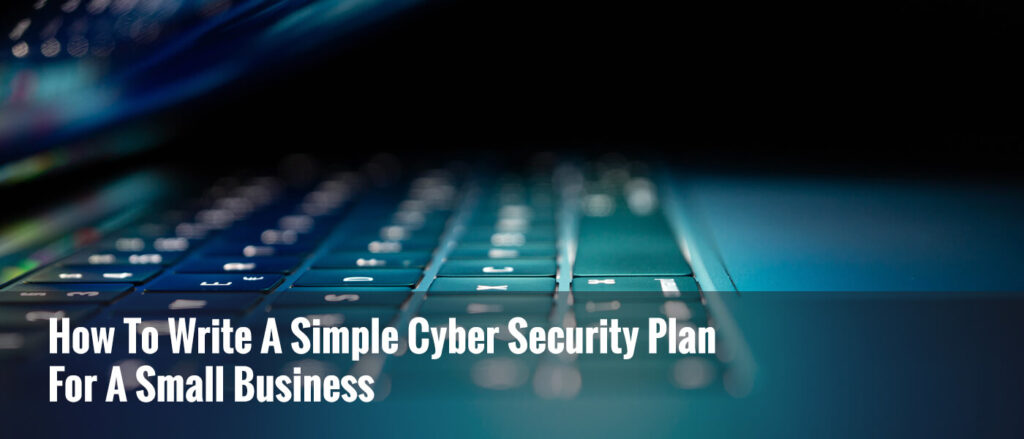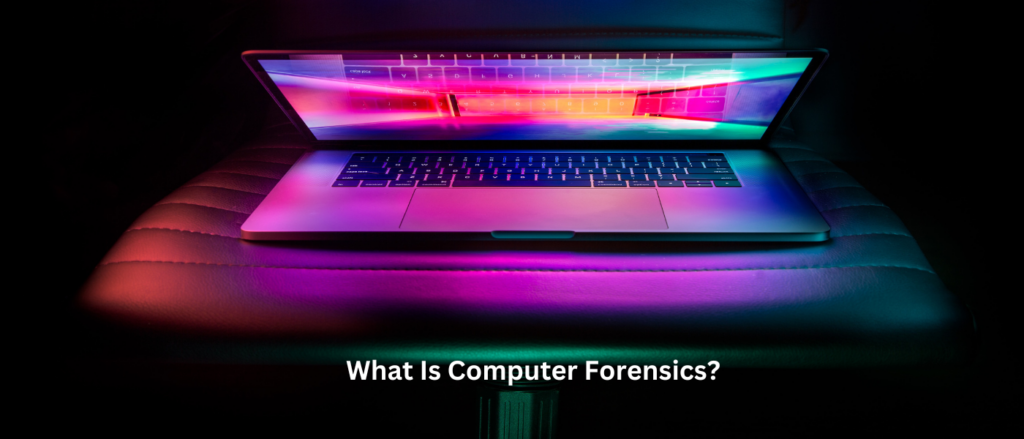Achieving a Cyber Essentials accreditation demonstrates your organisation’s commitment to digital security.
Cyber Essentials and Cyber Essentials Plus were created in 2014 to protect businesses from increased cyber attacks. Operated by the National Cyber Security Centre (NCSC), the scheme aims to ensure that UK businesses are adequately protected from cybercrime. According to the Cyber Security Breaches Survey 2021, the average annual cost for micro and small businesses that lost data or assets after cyber security breaches in the UK was £8,170. This is a dramatic rise from 2020 when the figure sat at £2,340. With the real costs of cybercrime continuing to mount, more businesses than ever are looking to prepare themselves against attacks.
By enrolling in the Cyber Essentials scheme, you’re undertaking affordable, achievable protection for your data. Once completed, you’ll have a clear picture of your organisation’s cyber security level. Here are five reasons why it could be the right decision for you.
1. An affordable choice for cybersecurity
Many small businesses don’t have dedicated IT staff. If you started out with just you and your laptop, it wasn’t necessarily a priority! This does mean that cybersecurity may have been an afterthought, and your systems might not necessarily be secure. Hiring another member of staff to take care of this might not be cost-effective, but undertaking the Cyber Essentials or Cyber Essentials Plus accreditation will give you security and peace of mind.
2. Reassure your customers that their data is safe
Cyber Essentials accreditation can be displayed on your website and marketing materials, demonstrating your knowledge and proficiency in data protection. It’s reassuring for them to know that their data is in safe hands. Even if it isn’t compulsory in your field, it’s likely to be viewed favourably by prospective clients.
3. It discourages hackers
Hackers are always looking for an easy way in, and displaying your Cyber Essentials certification tells them that you’re not low-hanging fruit. Anything you can do to discourage an attack is a worthwhile investment.
4. Simple to implement
Once you’ve decided to implement Cyber Essentials protection, the process couldn’t be easier. Our team of experts will guide you through the process, making assessments and recommendations on any changes that might be needed. Our service includes a guided questionnaire with model answers, and unlimited phone and email support.
5. Access to new work
Cyber Essentials certification is mandatory for businesses that are bidding on certain government, NHS and all Ministry of Defence contracts. Once you have it in place, it can open up a number of new opportunities for your business.
Forensic Control offers a comprehensive and affordable service to help you attain your Cyber Essentials certification. A recent survey uncovered that 68% of small and micro businesses have no formal policies for ensuring cyber security and a worrying 26% have no cyber security measures at all. We can help your enterprise achieve a strong foundation of cyber security wherever you are starting from.
Speak to our experts
We walk you through every step of the accreditation process and further your organisation’s commitment to digital security.





